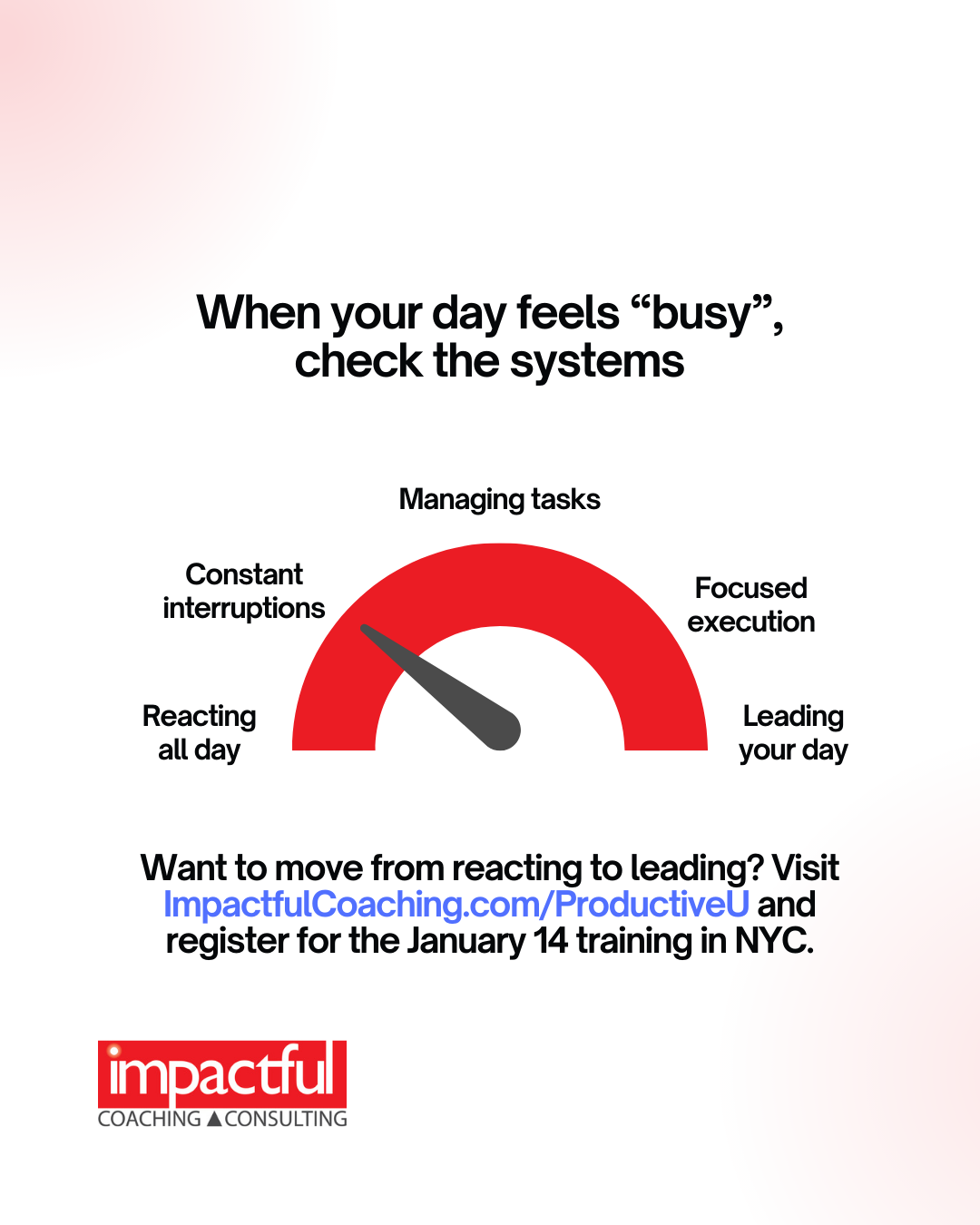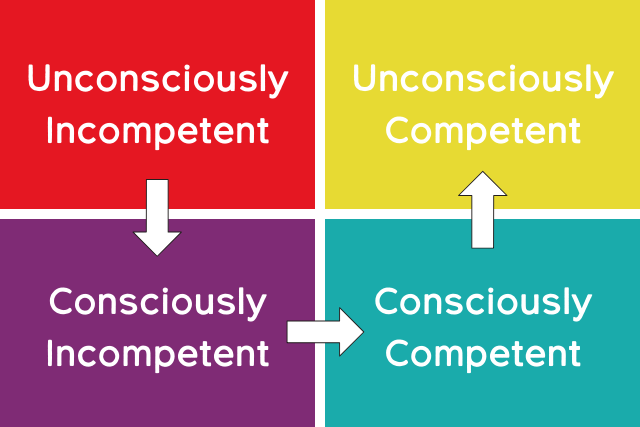A few years ago, I was sitting across from a school leader who looked completely spent.
He told me, almost proudly, “I’m working from 7 a.m. until 10 p.m. most days. I don’t stop moving.”
There was a pause. Then he added something quieter.
“I just don’t feel like I’m actually getting ahead.”
That sentence has stayed with me, because it names a tension so many leaders experience but rarely say out loud. We are constantly doing things, yet we’re not always making progress on the things that matter most.
This is the difference between real productivity and perceived productivity.
Read More









